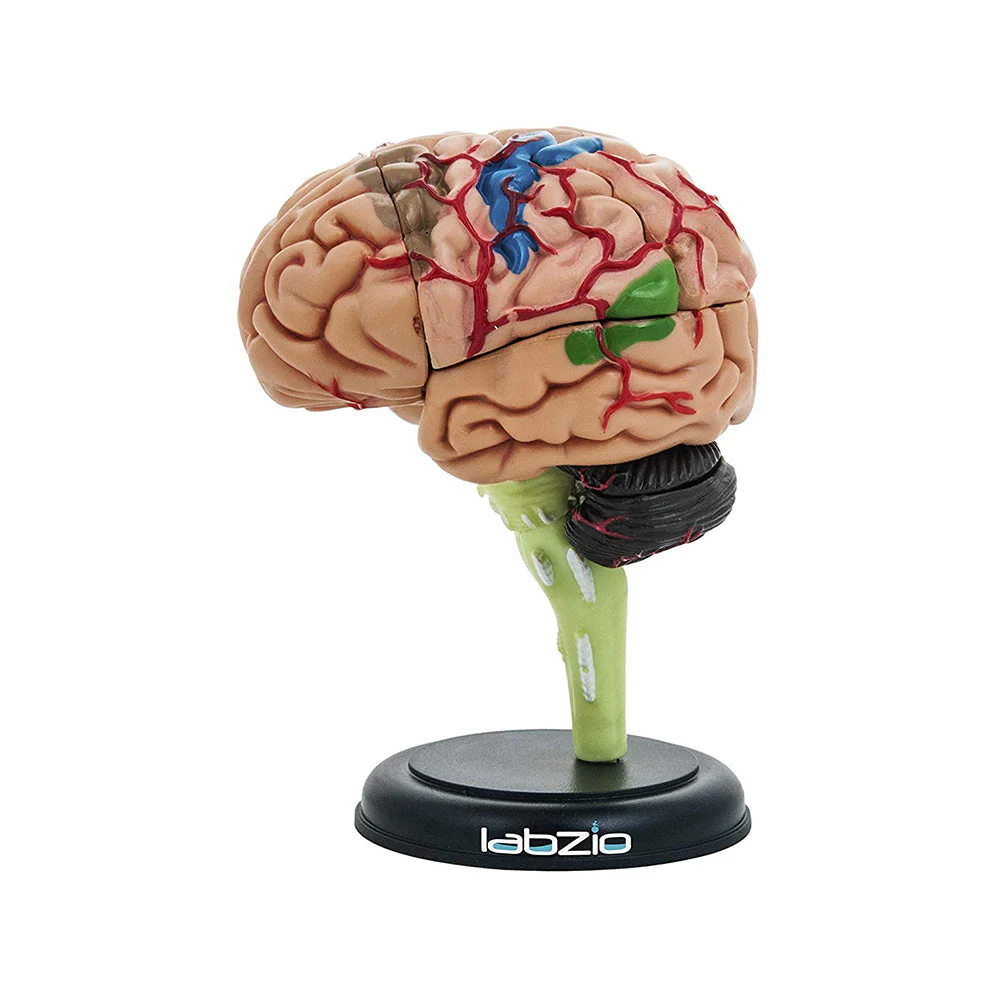What Is Brain Fog?
Brain fog is a common symptom experienced after recovering from the flu. People may struggle with focus, memory, and clarity. These cognitive impairments can frustrate individuals and significantly affect daily life. Various factors contribute to the sensation of brain fog. Fatigue plays a major role, reducing energy levels and cognitive function. Stress and anxiety about one’s health can further exacerbate these issues.
In addition, the flu itself can drain the body. During an illness, the immune system works tirelessly to fight off the virus. This effort consumes a significant amount of emotional and physical resources. Even after recovery, the body may take time to restore its energy levels fully. Consequently, this leaves many individuals feeling mentally sluggish.
Furthermore, dehydration often accompanies the flu. Illness can lead to reduced fluid intake, causing dehydration. This condition affects brain function, hindering cognitive abilities. Proper hydration is vital for maintaining concentration and mental clarity.
Lastly, medication used during flu treatment can also play a role. Some over-the-counter treatments may have side effects that contribute to cognitive difficulties. Understanding these factors can help manage and mitigate brain fog.

Causes of Brain Fog After Flu
Several factors contribute to brain fog following the flu. Immune response during the flu creates inflammation throughout the body. This inflammation can affect the brain, impairing mental clarity. As a result, many individuals experience concentration issues. Cognitive function often takes longer to recover than physical health.
Fatigue is another contributing factor. The body’s energy is depleted during illness, leading to exhaustion. This fatigue does not disappear immediately after recovery. Energy restoration takes time, which can prolong feelings of mental fog. Eventually, the brain and body must recuperate to return to normal function.
In addition to fatigue, stress and anxiety can also create cognitive challenges. Experiencing the flu may leave a person worried about further health issues. This stress can cloud thinking, leading to fear and anxiety. Individuals may struggle to focus on tasks or remember important details. Stress management techniques become important during this recovery period.
Moreover, nutritional deficiencies may contribute to brain fog. The flu often decreases appetite, leading to inadequate nutrient intake. Essential vitamins and minerals are vital for optimal cognitive performance. A lack of nutrition can slow recovery and hinder mental clarity.
Lastly, sleep patterns can negatively impact recovery. The flu disrupts sleep due to coughing and congestion. Even after the illness subsides, sleep may remain irregular. Poor sleep quality can lead to daytime fatigue and mental fog. Thus, restoring healthy sleep habits plays a crucial role in overcoming brain fog.
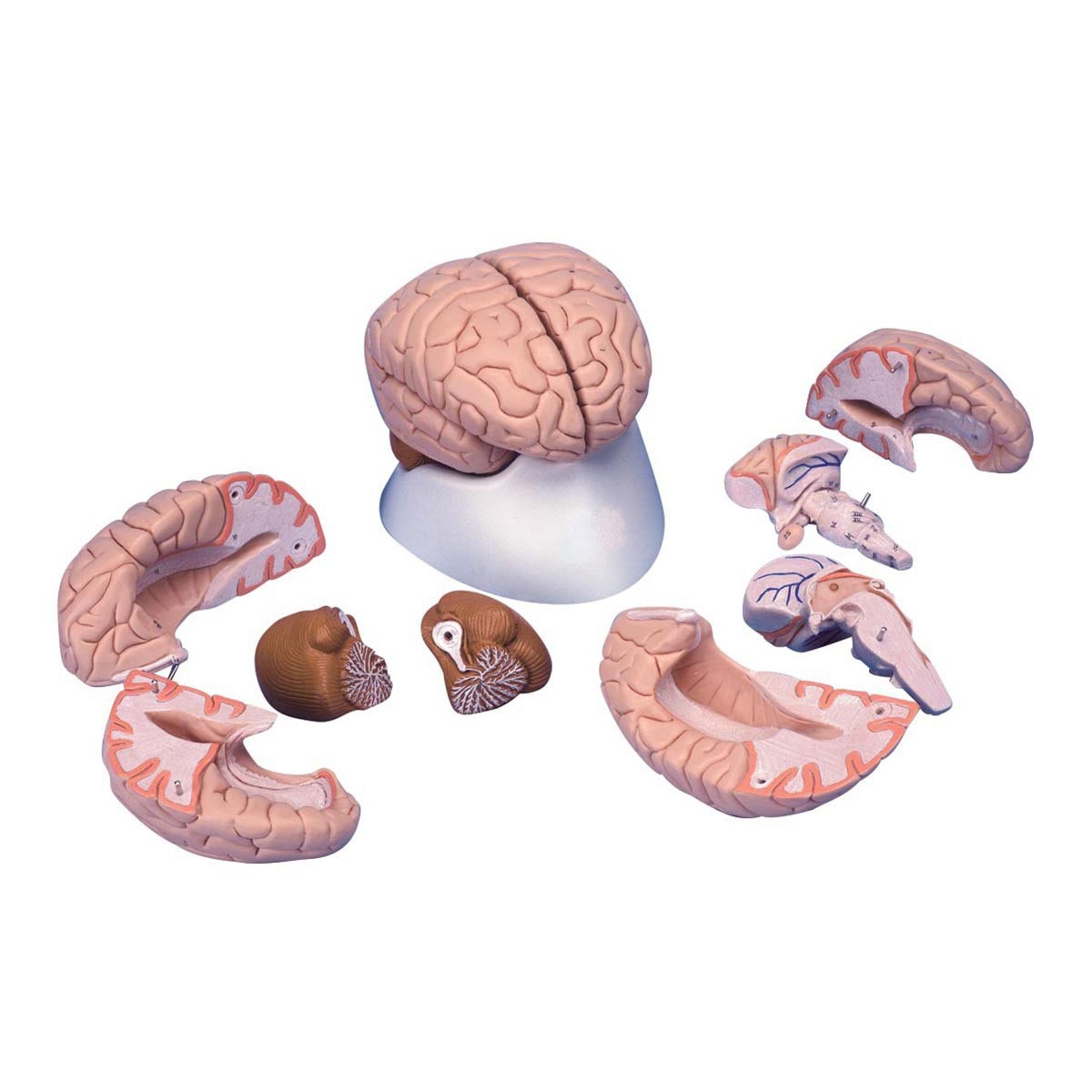
Symptoms of Brain Fog
Recognizing the symptoms of brain fog is essential for managing recovery. Individuals often experience difficulties concentrating. Completing tasks may feel more challenging than before the flu. This can lead to frustration and decreased productivity.
Memory problems also arise during this period. People may struggle to retain information or forget appointments. This memory loss can be alarming and impact overall confidence. With repeated lapses in memory, individuals may doubt their cognitive abilities.
Additionally, mental clarity may diminish. Thoughts might feel scattered, making it hard to communicate effectively. As a result, interactions with colleagues and family may suffer. Frustration can lead to social withdrawal, further impacting mental health.
Emotional changes can accompany brain fog as well. Mood swings, irritability, and feelings of sadness may occur. The combination of cognitive issues and emotional instability creates a challenging experience. Thus, understanding these symptoms is vital for seeking appropriate support.
Physical symptoms may also coexist with brain fog. Fatigue and body aches can linger long after the flu. These physical manifestations further complicate cognitive recovery. Addressing both physical and mental symptoms is crucial in the healing process.
Strategies to Combat Brain Fog
Combating brain fog following the flu requires a multifaceted approach. First, maintaining a healthy diet is essential. Nutrient-rich foods can help restore energy and cognitive function. Focus on consuming fruits, vegetables, whole grains, and healthy fats.
Next, staying hydrated plays a vital role in cognitive recovery. Water is essential for various bodily functions, including brain health. Ensure adequate fluid intake throughout the day to combat dehydration. Herbal teas and electrolyte-rich drinks can also support hydration.
Regular physical activity promotes blood circulation and improves mood. Engaging in light to moderate exercise can enhance overall well-being. Walking or gentle yoga can stimulate the brain and alleviate fatigue.
Furthermore, establishing a consistent sleep schedule aids recovery. Prioritize rest by going to bed and waking at the same time each day. Create a relaxing bedtime routine, which may include reading or meditating. Quality sleep allows the brain to recharge and regain its clarity.
Lastly, incorporating mindfulness and relaxation techniques can reduce stress and anxiety. Deep breathing, meditation, or journaling can help individuals manage their emotions. These practices can improve overall mental health and provide clarity.
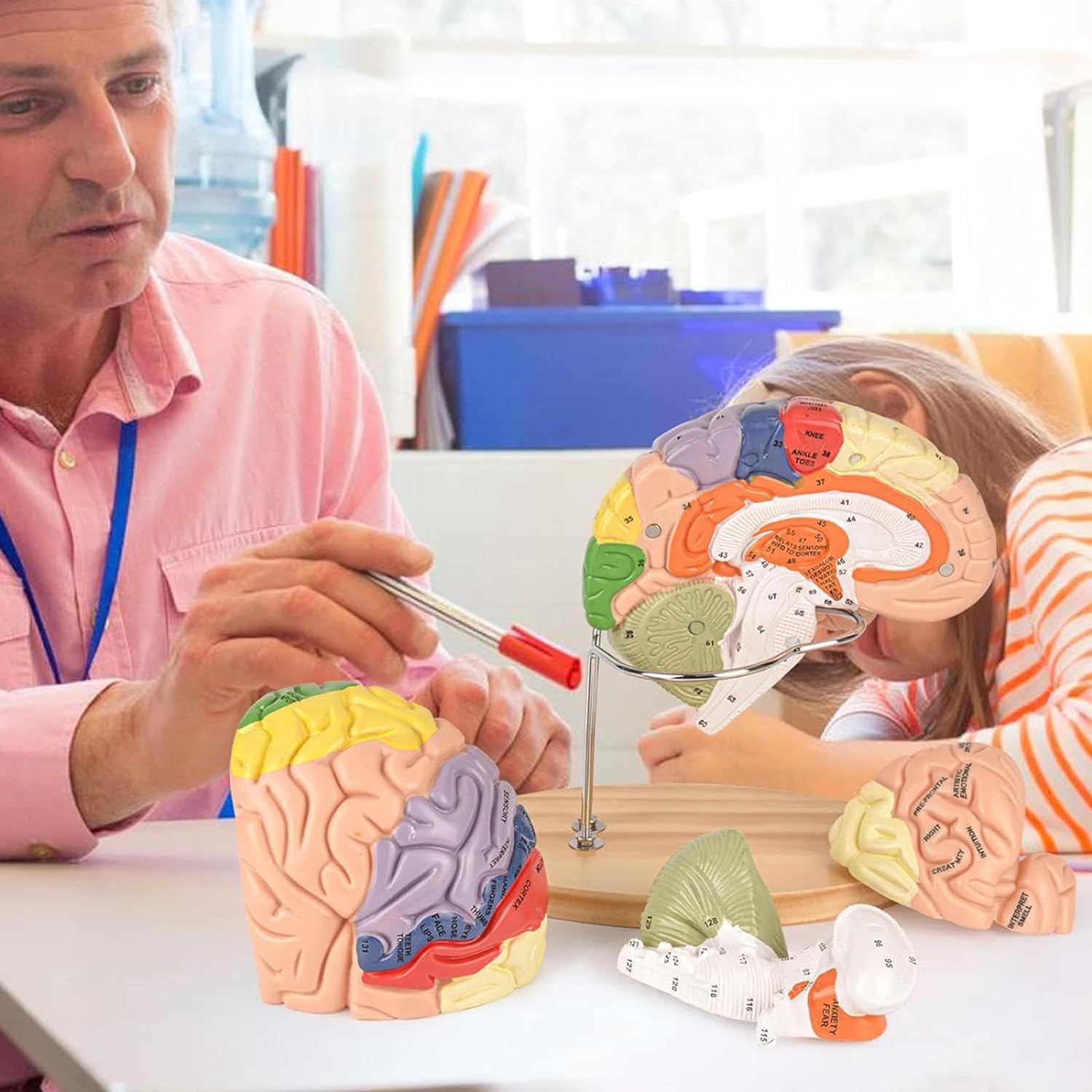
Seeking Professional Help
In some cases, brain fog after the flu may require professional assistance. If symptoms persist over time, consulting a healthcare provider is essential. They can offer valuable insights into individual health concerns and treatment options.
A doctor may conduct tests to determine underlying issues contributing to brain fog. Identifying any potential nutritional deficiencies or hormonal imbalances is vital. Addressing these factors can lead to more effective recovery strategies.
Mental health professionals can also provide support during this challenging time. Therapy can help individuals cope with anxiety or depression stemming from their illness. Cognitive-behavioral therapy (CBT) can be particularly effective in addressing cognitive challenges.
Support groups may offer additional encouragement. Connecting with others experiencing similar challenges can foster a sense of belonging. Sharing experiences provides validation and comfort during recovery.
Overall, seeking professional help ensures a comprehensive understanding of symptoms. This approach enables personalized treatment plans tailored to individual needs.
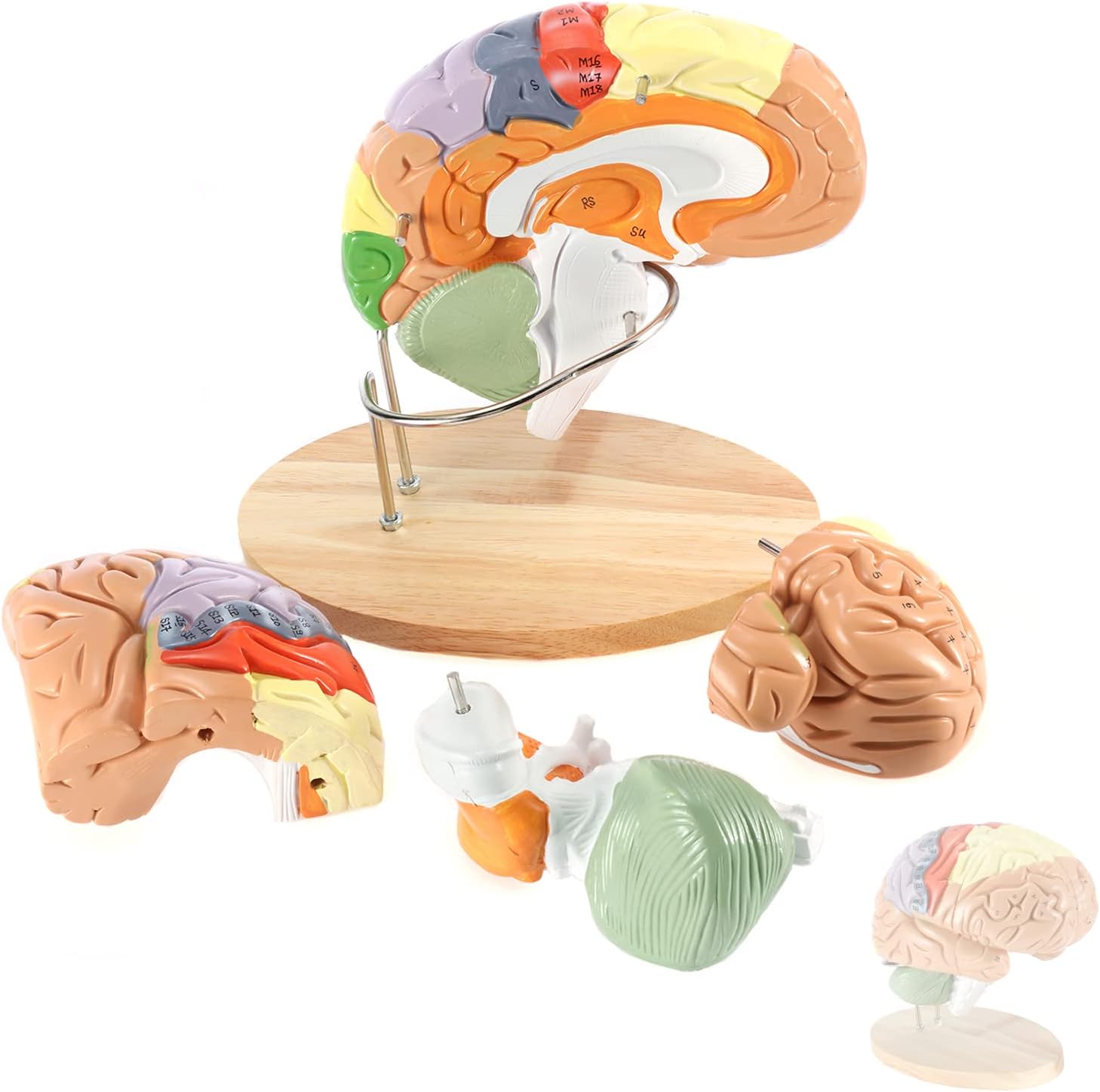
Long-Term Effects of Brain Fog
Understanding the long-term effects of brain fog after flu is crucial for recovery. Some individuals may experience prolonged cognitive difficulties. These issues can persist even after the physical symptoms of the flu resolve.
Research suggests that brain fog may impact daily functioning in various ways. Chronic cognitive impairment can hinder professional performance. This can lead to decreased job satisfaction and feelings of inadequacy.
Additionally, social relationships may suffer due to ongoing cognitive challenges. Friends and family might struggle to understand the situation. Miscommunication can arise from memory lapses or difficulty concentrating on conversations.
Furthermore, the emotional toll of prolonged brain fog cannot be overlooked. Feelings of frustration, sadness, or hopelessness may develop. Seeking support is vital for managing these emotions and fostering resilience.
Recognizing the potential long-term effects allows individuals to take proactive measures. Implementing healthy lifestyle changes and seeking support can promote recovery. Establishing a network of care contributes positively to mental health.
Staying Positive During Recovery
Staying positive during recovery from brain fog is vital for overall well-being. Maintaining a positive mindset can significantly impact healing. Focusing on achievable goals fosters motivation and resilience, essential for overcoming obstacles.
Encouragement from loved ones plays a crucial role in maintaining positivity. Connecting with family and friends can provide emotional support. Sharing progress and achievements builds confidence and cultivates a strong support network.
Practicing gratitude can also shift focus towards positivity. Reflecting on small daily accomplishments fosters contentment. This perspective encourages individuals to appreciate their journey and enhances mental resilience.
Moreover, engaging in hobbies fosters a sense of fulfillment. Activities that bring joy can distract from negative thoughts associated with brain fog. Pursuing creative outlets, such as art or music, promotes emotional healing and mental clarity.
Lastly, ensuring self-compassion is fundamental during the recovery process. Recognizing that challenges are temporary helps alleviate frustration. Embracing the healing journey encourages a balanced view of personal progress.
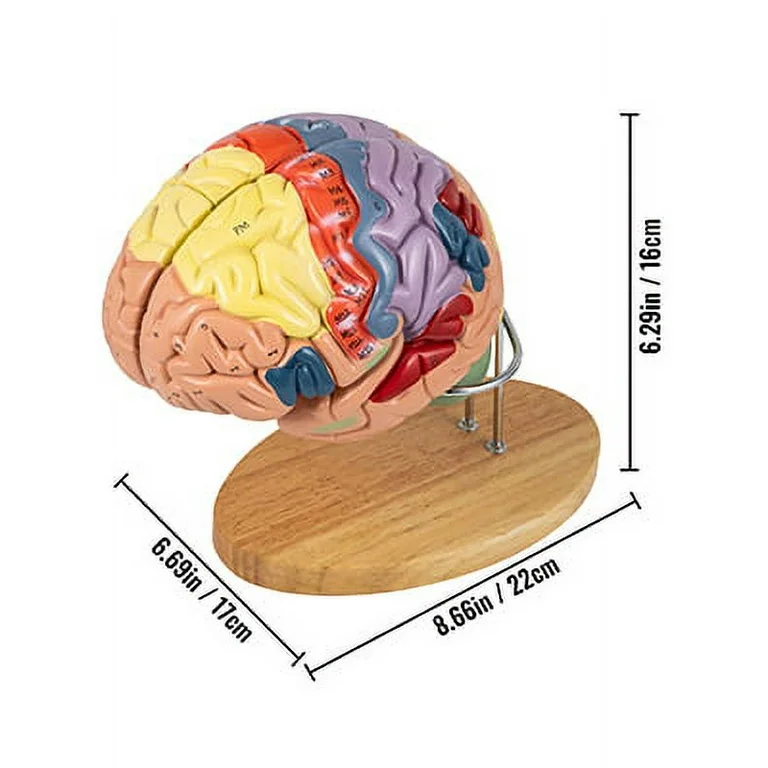
Conclusion
Brain fog after the flu can significantly impact an individual’s daily life. Understanding its causes, symptoms, and recovery strategies empowers individuals. By implementing healthy lifestyle changes, seeking support, and staying positive, cognitive clarity can be restored.
The combination of physical restoration and mental well-being is essential. Focus on nutrition, hydration, exercise, and sleep to foster recovery. Additionally, professional help can offer personalized guidance tailored to individual needs.
Throughout the healing process, maintaining a sense of community and encouragement is vital. Whether through family support, therapy, or groups, connection fosters resilience. Implementing these strategies will equip individuals to navigate brain fog successfully.
In summary, brain fog following the flu is a manageable and natural part of recovery. By prioritizing health, individuals can reclaim their cognitive abilities and regain confidence in daily life. Embracing the healing journey plays a crucial role in restoring clarity and overall well-being.
